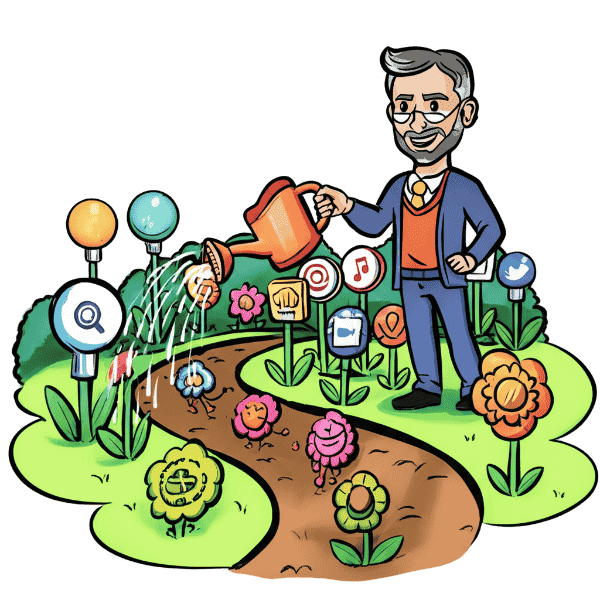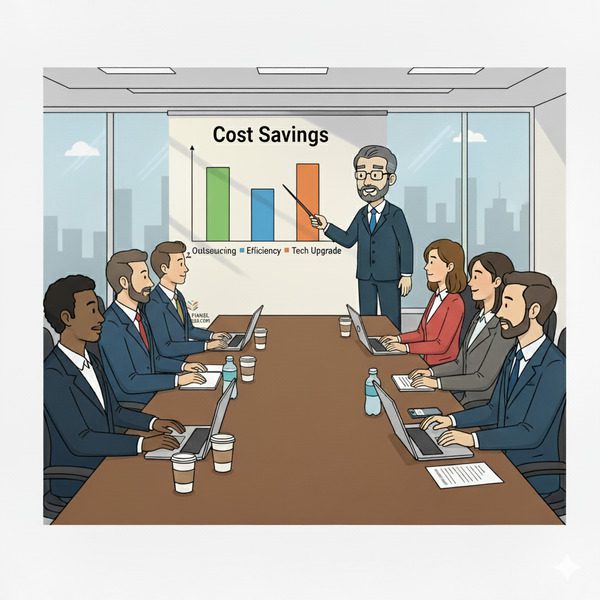Definition: An organic traffic strategy is a planned approach to attract visitors to your website naturally—without paying for ads. It focuses on methods like SEO, content marketing, and social media engagement to increase visibility in search engines and drive steady, long-term growth. A strong organic traffic strategy ensures your business gets consistent, high-quality website traffic that doesn’t rely on a paid budget.
Use it in a Sentence: The marketing team developed an organic traffic strategy focused on blog content and SEO to reduce their dependence on paid ads.
Why is an Organic Traffic Strategy Important?
1. Cost-Effective Growth

Unlike paid ads that stop once the budget runs out, organic traffic builds over time and continues to deliver visitors without ongoing ad spend.
2. High-Quality Visitors
Users who find your site through search or content are usually more engaged and more likely to convert, since they’re actively searching for solutions.
3. Long-Term ROI
An organic traffic strategy compounds over time—content, backlinks, and SEO improvements keep driving results months or even years after publishing.
Grow Traffic Without Paying for Every Click
An organic traffic strategy helps you build a reliable stream of visitors by investing in content and SEO instead of relying only on ads. With the right plan, your business can capture search demand, increase authority, and drive sustainable growth.
More Definitions
(From the Sales & Marketing Jargon Encyclopedia)
- Qualified Lead: A prospect who meets certain criteria and demonstrates intent or potential to become a customer.
- Link Juice: The SEO value or authority passed through hyperlinks to boost search rankings.
- Organic Search: Website traffic earned through unpaid search engine rankings.
- Advertising Budget Allocation: The process of distributing marketing spend across channels and campaigns to maximise ROI.
- Ad Fatigue: When audiences become less responsive to an ad after seeing it too often.
Useful Posts
(From the Sales Funnel Professor Blog)
- How Your Value Proposition Gives You a Competitive Advantage: An explanation of how a clear value proposition highlights what makes your offering unique, helping you stand out and win more customers.




















